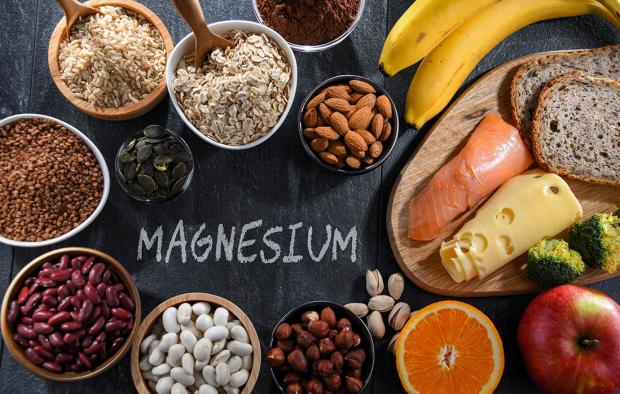
Breaking News
 Mirrored concrete for cheap solar energy
Mirrored concrete for cheap solar energy
 All Government Is Dictatorial Because All Government Is Totalitarian
All Government Is Dictatorial Because All Government Is Totalitarian
 Putin Says He's Ready for Peace
Putin Says He's Ready for Peace
 Medicaid Fraud in Minnesota at least $9 Billion Since 2018
Medicaid Fraud in Minnesota at least $9 Billion Since 2018
Top Tech News
 Perfect Aircrete, Kitchen Ingredients.
Perfect Aircrete, Kitchen Ingredients.
 Futuristic pixel-raising display lets you feel what's onscreen
Futuristic pixel-raising display lets you feel what's onscreen
 Cutting-Edge Facility Generates Pure Water and Hydrogen Fuel from Seawater for Mere Pennies
Cutting-Edge Facility Generates Pure Water and Hydrogen Fuel from Seawater for Mere Pennies
 This tiny dev board is packed with features for ambitious makers
This tiny dev board is packed with features for ambitious makers
 Scientists Discover Gel to Regrow Tooth Enamel
Scientists Discover Gel to Regrow Tooth Enamel
 Vitamin C and Dandelion Root Killing Cancer Cells -- as Former CDC Director Calls for COVID-19...
Vitamin C and Dandelion Root Killing Cancer Cells -- as Former CDC Director Calls for COVID-19...
 Galactic Brain: US firm plans space-based data centers, power grid to challenge China
Galactic Brain: US firm plans space-based data centers, power grid to challenge China
 A microbial cleanup for glyphosate just earned a patent. Here's why that matters
A microbial cleanup for glyphosate just earned a patent. Here's why that matters
 Japan Breaks Internet Speed Record with 5 Million Times Faster Data Transfer
Japan Breaks Internet Speed Record with 5 Million Times Faster Data Transfer
Low level of common nutrient linked to disease-causing DNA damage

But if your diet is lacking, you might want to pay attention to this new eye-opening study that links a mineral deficiency issue to DNA changes.
The study, carried out by researchers at the University of South Australia (UniSA), examined blood samples from 172 middle-aged adults and found that those who had low magnesium also had high levels of an amino acid called homocysteine. This is considered genotoxic, which means that it can damage human DNA.
Conversely, the study found a positive relationship between high levels of magnesium and those of folate and vitamin B12.
"Our study showed a direct correlation between low magnesium levels in blood (less than 18mg/L) and increased DNA damage, even after adjusting for gender and age," says UniSA molecular biologist Dr. Permal Deo, who is a co-author on the study.
"Blood levels of magnesium, homocysteine (Hcy), folate and vitamin B12 were measured, showing an inverse correlation between magnesium and Hcy and a positive correlation between magnesium, folate and vitamin B12," he adds. "This indicates that sufficiently high magnesium levels in the blood are essential to protect our genes from toxicity caused by homocysteine, which is increased when folate and vitamin B12 are deficient."
According to the researchers, the toxic combination of low magnesium and high levels of homocysteine can increase the likelihood of contracting gastrointestinal disease, several cancers, diabetes, and Alzheimer's and Parkinson's diseases.
The research team believes the damaging results of low magnesium are due to the fact that it can break down the body's ability to produce energy and power cells, which can in turn lead to faster tissue aging. Magnesium, which is the fourth most abundant mineral in the human body, has previously been linked to the healthy synthesis of DNA and RNA. Yet the mineral's deficiency had not yet been fully studied in terms of damaging these genetic carriers, say the researchers.

 Advanced Propulsion Resources Part 1 of 2
Advanced Propulsion Resources Part 1 of 2

